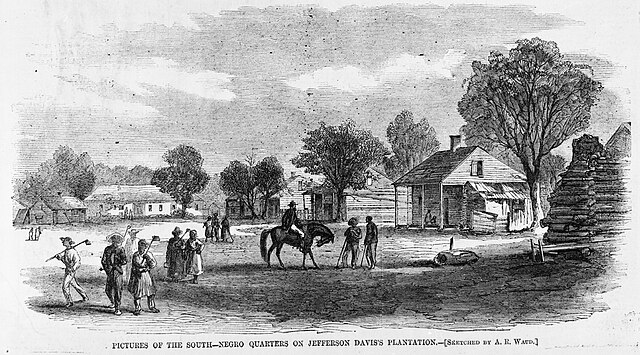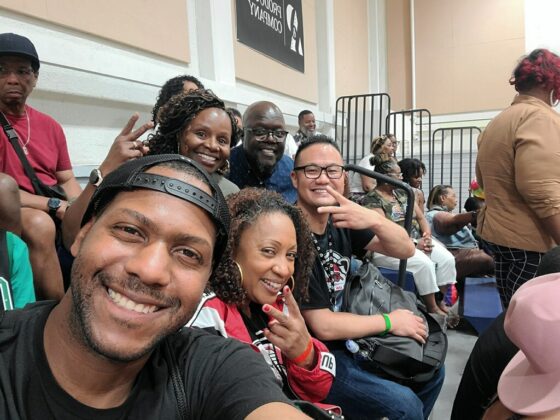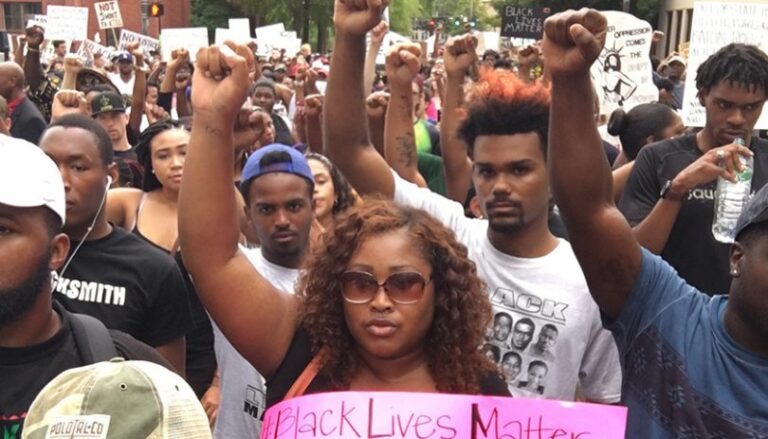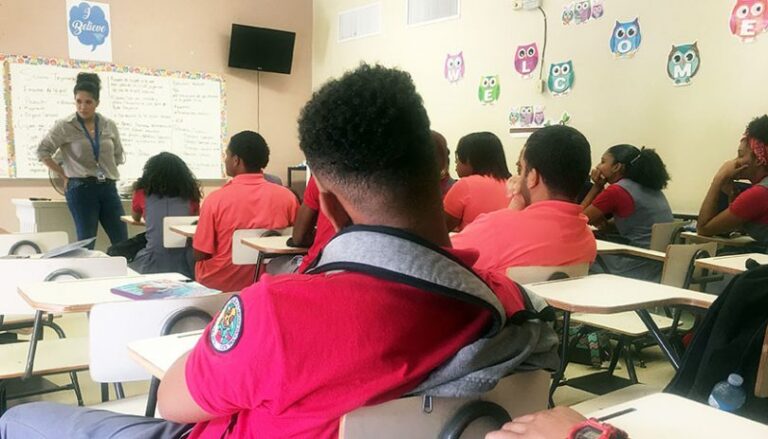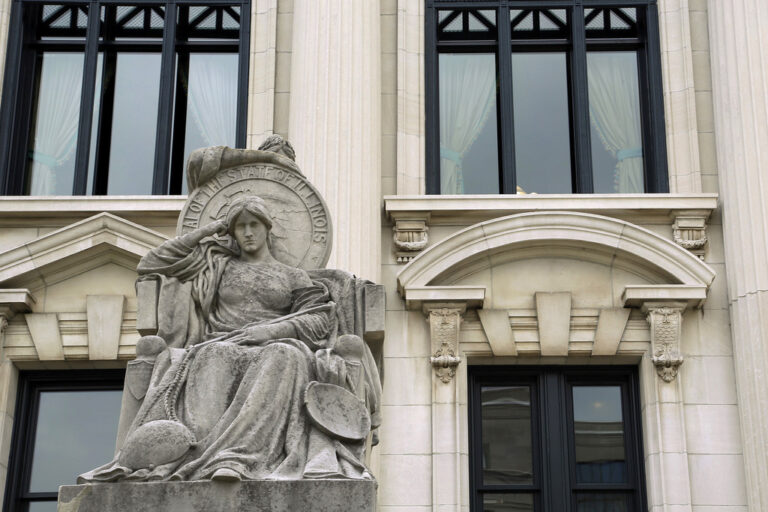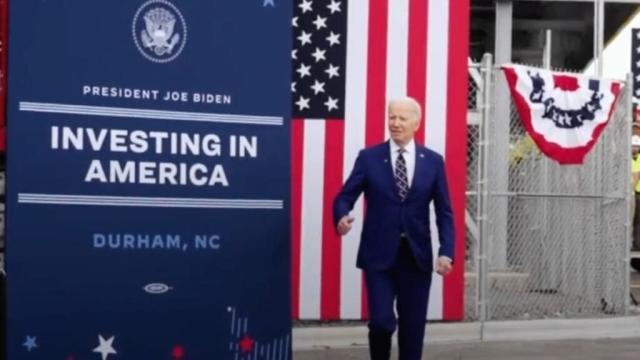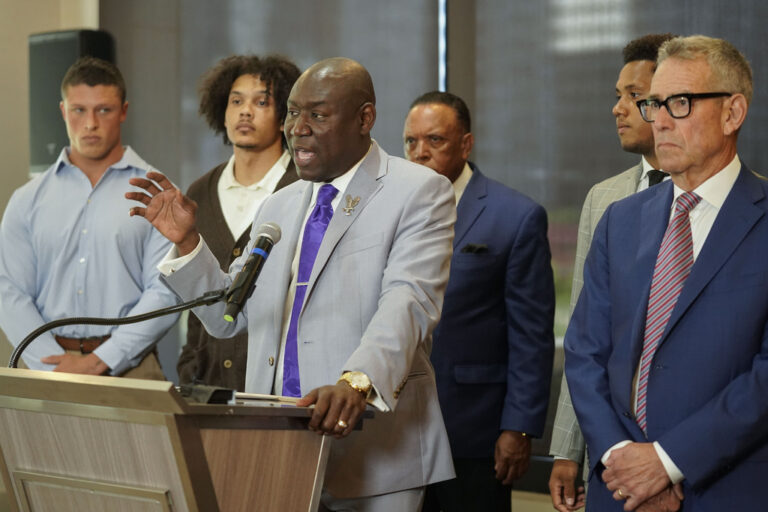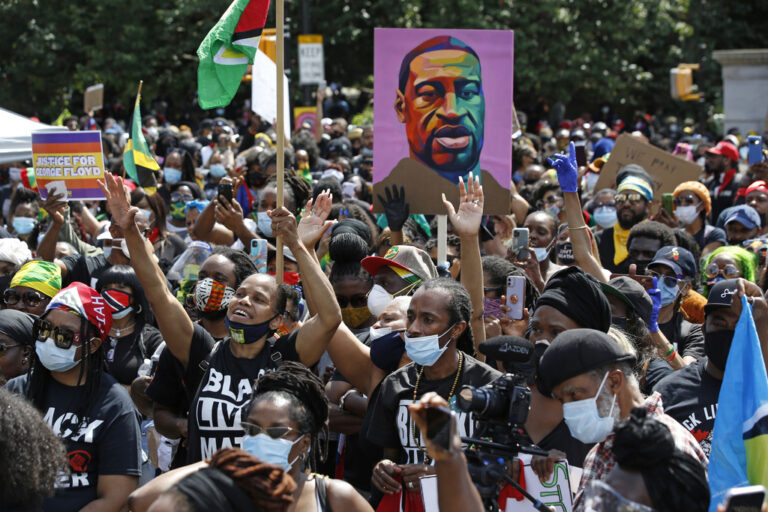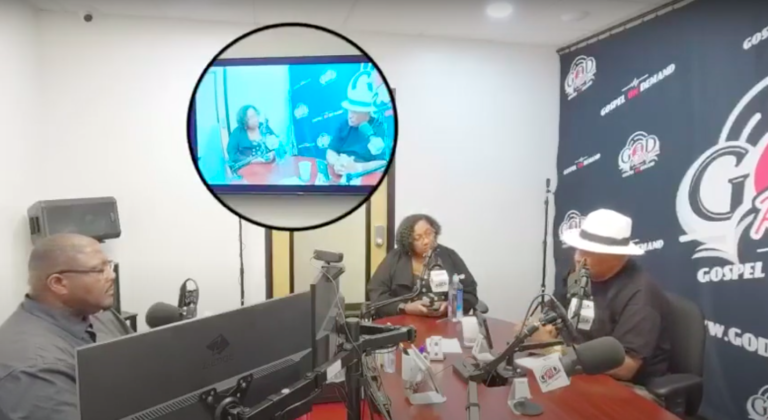By
Florida has taken yet another stride against teaching the full scope of Black history in statewide public schools — and it’s sparking criticism from advocates and families both state and nationwide.
The new standards, posted on July 19 to the Florida Department of Education website, approved require public schools to teach that enslaved people “developed skills that could be applied for their personal benefit” and more.
“The notion that enslaved people benefitted from being enslaved is inaccurate and a scary standard for us to establish in our education system.” Florida State Rep. Anna Eskamani said.
“I am very concerned by these standards,” Eskamani said. “Especially some of the notions that you know, enslaved people benefitted from being enslaved is inaccurate and a scary standard for us to establish in our educational curriculum.”
As Harvard Law School professor Cornell William Brooks wrote on Twitter, “Florida‘s new educational standards will assault the emotional health of Black children. If the Supreme Court found segregated education hurt Black children in 1954, THIS segregated white supremacist version of Black history will do the same in 2023.”
Indeed, the new standards come with clarifications — for middle school students, teachers must educate students on “how slaves developed skills which, in some instances, could be applied for their personal benefit.”
High school students will learn about events such as the 1920 Ocoee Massacre, the Tulsa Race Massacre, and the Rosewood Race Massacre, all egregious acts against Black bodies in history.
However, the new rules require that instruction of the Ocoee massacre include “acts of violence perpetrated against and by African Americans.” The massacre is considered the deadliest Election Day violence in the nation’s history, and, according to several historical accounts of the incident, it began when Moses Norman, a prominent Black landowner in the Ocoee, Florida, community, attempted to cast his ballot and was turned away by white poll workers.
The decision is just the latest move by Florida politicians — led by Republican governor Ron DeSantis to prevent the accurate teaching of Black history. In January, Florida’s education officials department rejected a proposed pilot version of an Advanced Placement African American Studies course for high school students after it claimed the course lacked educational value. In addition, the DeSantis-led “Stop WOKE” movement has sparked numerous book bans nationwide.
“Today’s actions by the Florida state government are an attempt to bring our country back to a 19th century America where Black life was not valued, nor our rights protected,” Derrick Johnson, president and CEO of the NAACP, said in a statement. “It is imperative that we understand that the horrors of slavery and Jim Crow were a violation of human rights and represent the darkest period in American history. We refuse to go back.”

